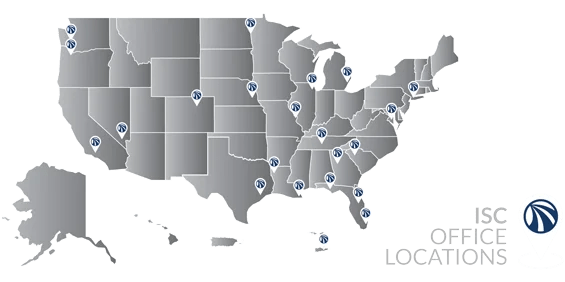As emergency managers, we recognize that reliance on the government alone is not enough to meet the challenges of a successful and comprehensive emergency management program. ISC has been intimately involved with the creation, development and implementation of FEMA’s “Whole Community” approach. From the inception of the strategy following the catastrophic impacts of the 2004 hurricane season, to the creation of FEMA’s “A Whole Community Approach to Emergency Management: Principles, Themes, and Pathways for Action”, ISC has been instrumental in promoting the principles and enhancing the resiliency and security of communities with a strategic framework that engages members of the community and key stakeholders as collaborative resources. Our approach to emergency management has allowed our clients to expand their reach and deliver services more efficiently and cost effectively to build, sustain, and improve their capability to prepare for, protect against, respond to, recover from, and mitigate all hazards.
We recognize that obtaining stakeholder support before, during, and after the disaster is an absolute essential. The fact is, successful emergency management programs reinforce the importance of FEMA’s Whole Community Approach and must leverage all of the resources of the community. FEMA’s Whole Community Approach includes multiple components, such as:
-
Understanding Community Complexity
-
Recognize Community Capabilities and Needs
-
Foster Relationships with Community Leaders
-
Build and Maintain Partnerships
-
Empower Local Action
-
Leverage and Strengthen Social Infrastructure, Networks and Assets
We have learned that an effective Whole Community approach is much more complex than just having meetings and public sessions with members of your community.
ISC offers whole community planning and response services including but not limited to evacuation planning, special/functional needs, sheltering, points of distribution, mass care, and other essential emergency response activities during time of disaster or emergency.

